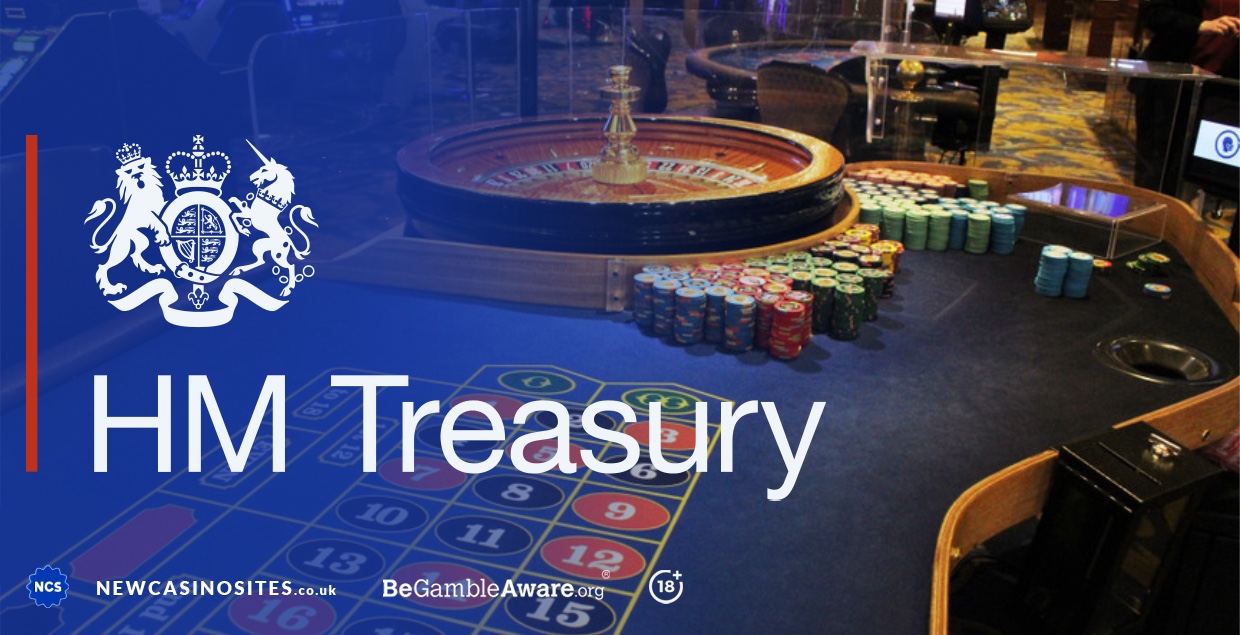
Shares in British gambling companies have plunged, wiping more than £2bn off their stock market value, after reports surfaced that the Treasury is considering hefty tax increases on the sector. The potential tax hikes, ranging from £900m to £3bn, come as Chancellor Rachel Reeves faces growing pressure to address a £22bn budget deficit ahead of Labour’s first budget in 14 years, scheduled for October 30.
Two influential think tanks, the Social Market Foundation (SMF) and the Institute for Public Policy Research (IPPR), have presented proposals to raise additional taxes from the gambling industry.
The SMF suggests a £900m increase through higher taxes on online gaming, while the IPPR recommends a more aggressive approach, proposing to increase various duties on the sector by nearly £3bn. Analysts believe the government is more likely to adopt the SMF’s moderate plan, but the industry is bracing for tougher regulation regardless.
The news triggered a wave of investor sell-offs, hitting major operators hard. Ladbrokes-owner Entain saw its shares fall by 8%, while Flutter, the parent company of Paddy Power and SkyBet, dropped by nearly 6%. William Hill owner Evoke experienced a 14% decline, and gambling software maker Playtech fell by 1%.
Rank, which owns Mecca Bingo and other online gambling brands, also saw a 3% drop in its share price. In total, more than £2bn in value was wiped from the FTSE-listed gambling companies.
The IPPR’s proposal focuses on doubling taxes on products it deems to cause “higher harm,” such as online casino games, which could raise £2.9bn in the first year and up to £3.4bn by 2030. The IPPR suggests leaving taxes on lower-risk activities, like the lottery and bingo, unchanged. Their plan also calls for increasing the general betting duty on high-street bookmakers’ profits and hiking the remote gaming duty from its current rate of 21% to 50%.
Meanwhile, the SMF is advocating a more moderate plan that would see taxes on online gambling companies increase from 21% to 42%, which could generate £900m. A recent poll by Survation for the SMF found that 52% of the British public supports higher taxes on the online gambling industry.
While anti-gambling campaigners back the proposals, the gambling industry has raised concerns over the potential economic fallout. Grainne Hurst, CEO of the Betting and Gaming Council, criticised the speculation, stating:
Hurst also highlighted the financial burden of complying with recently introduced gambling reforms, which are expected to cost the sector more than £1bn, as well as a new £100m annual levy on research, prevention, and treatment for problem gambling.
Investment analysts have noted the risks these proposals pose to the gambling sector. Jefferies, a leading broker, cautioned that sharp tax increases could severely damage the profitability of listed gambling operators and threaten the survival of smaller companies. Analysts at AJ Bell echoed this sentiment, describing the proposed tax hikes as a “salient reminder” of the regulatory and tax challenges facing the industry.
As the October 30 budget announcement looms, the gambling industry, investors, and policymakers will be closely watching for any decisions that could reshape the sector’s financial landscape.
